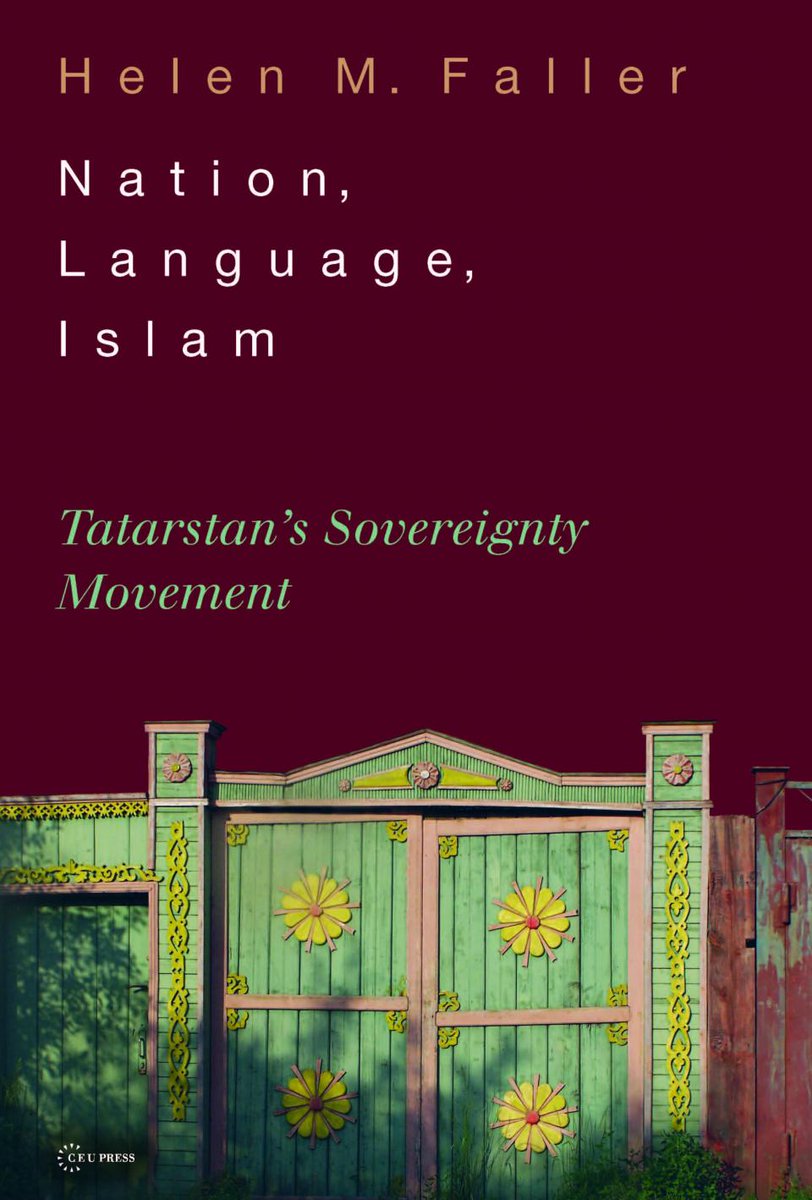Traditional Tatar literature is virtually inaccessible for modern Tatars for a similar reason. Till the 20th c we used to be a Persianate culture, so being "educated" implied a decent knowledge of Farsi (at least) and Arabic (ideally). You needed to be at least bilingual
https://twitter.com/nntaleb/status/1535223624260624389
That helped to differ the registers of language. For example, in English a word constructed on a original Germanic root would be of lowest register, with French root being higher and Latin even higher than that. Consider terms "kingly", "royal" and "regal" for example
In Tatar a word with an originally Turkic root would be considered of a lower register, while a borrowed Arabic or Farsi word - of higher. For example a Turkic word for a nightingale "Sandugach" would be viewed as mundane while a Farsi "Bulbul" - very poetic
The Turkic word for God "Tengri" coexisted in Tatar with Farsi "Khoda" and Arabic "Allah". Counterintuitively, Khoda was almost as legit as Allah, even though originally it referred to the Zoroastrian deity. The name of the old Turkic Sky God "Tengri" however, was not that legit
Even though the modern Tatar retained tons of Arabic and Farsi words, the old bi- and trilinguality culture is dead, making the old literature incomprehensible. It's not only about an author just suddenly switching to the Farsi or even to Arabic for seemingly no reason at all
Even the fragments written on Turkic are incomprehensible now. For example, in an old manuscript you can see a Turkic word. If you just read it literally, you get literal (=wrong) meaning of a passage. The real meaning is hidden or rather implied
If you read this Turkic literally you get a wrong understanding of a text. The key here is not its literal meaning but an allusion to another Farsi word which sounds very much alike, but has completely different meaning. To read the text properly you have to be bilingual
Leo Strauss had this idea about much of old literature being esoteric, in a sense that it has two meanings: explicit (wrong) and implicit (correct). I don't know if it's generally correct but it seems to be sort of true when it comes to the old Tatar literature
With the culture of bilinguality dead and almost no one being fluent in Farsi nowadays, the old texts and the old tradition are inaccessible to almost anyone. What used to be the northernmost edge of the Islamic and Persianate world is now almost completely de-Persianized 

• • •
Missing some Tweet in this thread? You can try to
force a refresh






